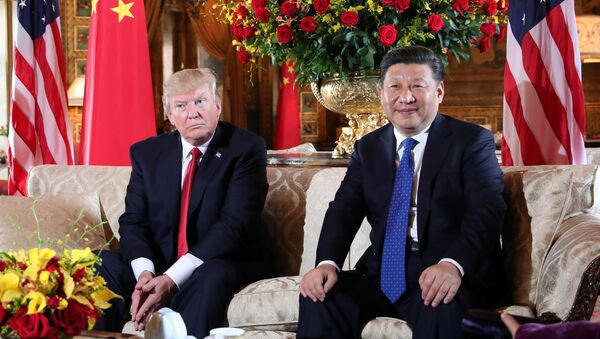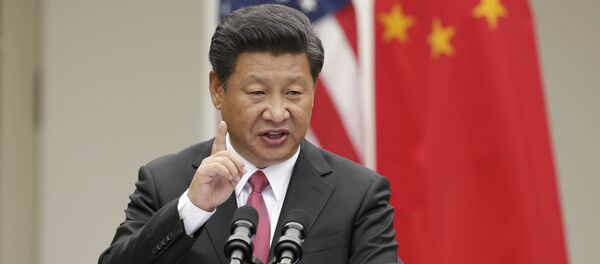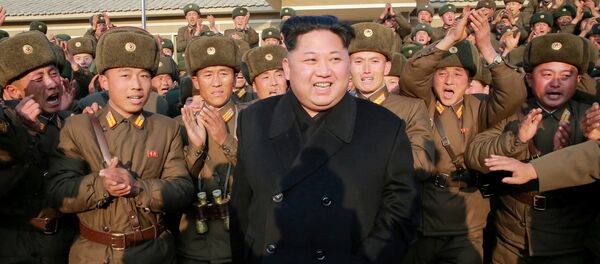"China's production strength requires a market, and the US is no longer a Chinese market. China, at this stage, cannot risk a meltdown in its economy. It's too politically risky for Xi Jinping. They need a big market. And in Asia, we are the largest market," he was quoted as saying by Bloomberg.
Trump's rhetoric on China and trade or India and outsourcing has been blunt, to say the least.
"We can't continue to allow China to rape our country-and that's what they're doing. It's the greatest theft in the history of the world," Trump said at a May 2016 campaign rally. Not only that, he had promised to raise import tariffs on China to 45 percent, which if actually implemented, could be a serious blow to the Chinese economy.
More recently, on March 31, he had tweeted, "The meeting next week with China will be a very difficult one in that we can no longer have massive trade deficits and job losses. American companies must be prepared to look at other alternatives."
The US trade representative's office has also listed troubling areas with China over the enforcement of intellectual property rights and agricultural market access. These two form the bulk of problem areas with India as well.
Experts, however, say that a major escalation on the trade front between US and China is not likely at this point.
"The prospect of a trade war sparked with the US, especially Trump's imposition of tariffs, is surely a major cause for concern to the Chinese leadership. The US doesn't hold all the chips as China can retaliate against a range of American exports," Srinath Raghavan, senior fellow, at New Delhi-based Centre for Policy Research, told Sputnik.





